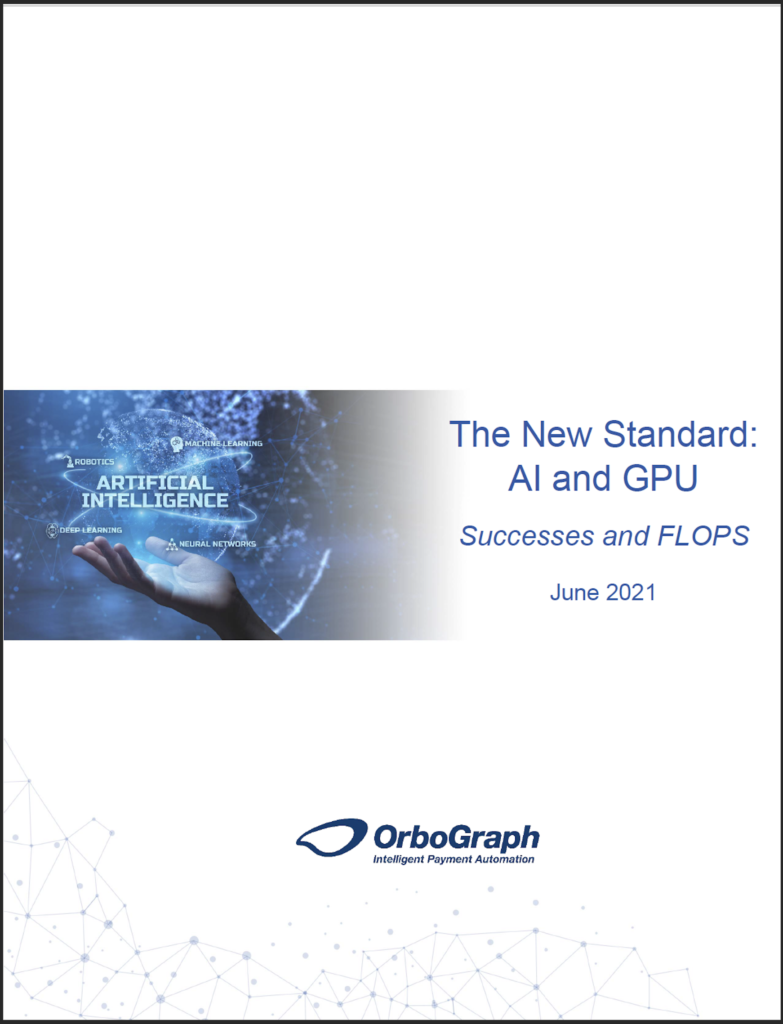PaymentsJournal Podcast: Machine Learning Leading Fraud Detection
- Fraud escalated during the pandemic
- Machine Learning has proved to be a key ingredient in addressing the fraud upswing
- It's important to realize that Machine Learning is a component of a larger AI "ecosystem"
PaymentsJournal offers a podcast wherein Patricia Rojas, Senior Manager Data Scientist at ACI Worldwide, and Tim Sloane, VP of Payments Innovation at Mercator Advisory Group discuss the ways Machine Learning (ML) has become a vital component in the fight against fraud -- particularly during the pandemic, when fraud rates have escalated.

On a high level, detecting fraud is about learning the difference between normal spending behaviors and unusual, fraudulent purchases. With machine learning, the technology can analyze all available data and educate itself on the difference between an honest transaction and a fraudulent one.
“These type[s] of models, when they’re properly trained and get the feel for one specific merchant or one specific sector, they can help increase the fraud detection accuracy in your overall strategy by as much as 40 to 50%,” claimed Rojas. She warns, however, that merchants and PSPs need to understand the specifics when implementing machine learning algorithms, because there are many different techniques and levels of sophistication. It is also important to note that these algorithms are limited by the amount and quality of data within the institution.
Machine Learning as a Component
As the article notes, "not all machine learning is created equal":
There are a multitude of machine learning models, as well as many different algorithms that can be used, case-by-case. While tree-based algorithms tend to work best for fraud detection, different use cases might require a different approach. It is crucial to first use the right model, and then to optimize that model for a specific merchant or sector. When models are trained with specificity, they are more effective because they take into account the nuances of customer behavior, fraud trends, and spending patterns.

This is similar to the approach OrboGraph has taken in its development of its OrbNet Forensic AI. The deep learning models are specifically trained with millions of check items and, as the models are fed new items, it continues to learn and become more effective. We've noted in previous blogs how giants like Amazon and JP Morgan are successfully employing machine learning and deep learning technologies, and we've published a white paper detailing several examples of companies deploying AI. Click the button below to download.
